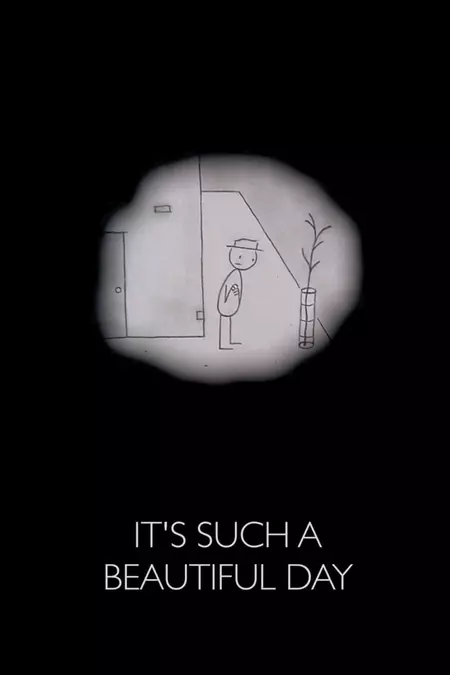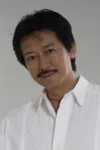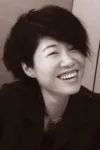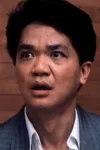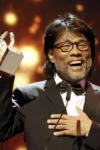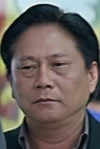Fallen Angels (1995)
Fallen Angels (1995)
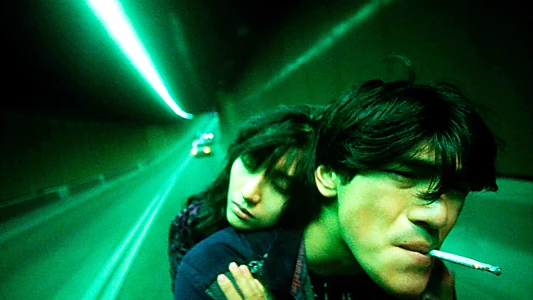
Plot.
Where to Watch.
 Rent
Rent Subs
Subs Rent
Rent Rent
Rent Rent
Rent Subs
Subs Subs
Subs Rent
RentCurrently Fallen Angels is available for streaming online, rent, buy or watch for free on: Apple TV, Criterion Channel, Google Play Movies, YouTube, Amazon Video, Max Amazon Channel, Max, Fandango At Home
Streaming in:🇺🇸 United States

Cast & Crew.

Leon Lai
Wong Chi-Ming

Charlie Yeung
Charlie

Takeshi Kaneshiro
Ho Chi-mo

Karen Mok
Blondie

Michelle Reis
Killer's Agent

Chan Man-Lei
Wu's Father

Toru Saito
Sato
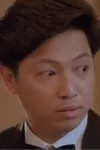
Benz Kong To-Hoi
Ah Hoi

Chan Fai-Hung
Man Forced to Eat Ice-cream
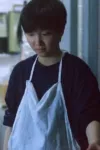
Kwan Lee-Na
Woman Pressed to Buy Vegetables / Makeup Artist

Wu Yuk-Ho
Man Forced to Have His Clothes Washed
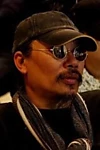
Johnnie Kong
Victim
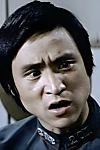
Chun Kang Wang
Victim
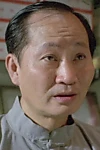
Mak Shu-San
Tenant

To-hoi Kong
Ah-hoi
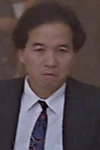
Choi Kwok-Ping
Rascal

Chan Siu-Wah
Rascal
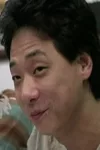
Chow Gam-Kong
Hitman

Leung Shing-Hung
Hitman
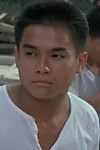
Wong Kim-Wai
Hitman
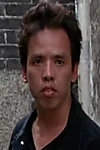
Wong Kim-Bun
Hitman

Choi Kwok-Keung
Hitman
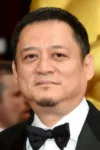
William Chang
Editor / Production Design

Jeffrey Lau
Producer
Media.











































































Details.
Release DateSeptember 6, 1995
Original Name墮落天使
StatusReleased
Running Time1h 38m
Content RatingNR
Genres
Last updated:
This Movie Is About.
Wiki.
Fallen Angels is a 1995 Hong Kong neo-noir crime comedy-drama film written and directed by Wong Kar-wai. It features two intertwined storylines—one tells the story of a hitman wishing to leave the criminal underworld (Leon Lai), the prostitute he starts a relationship with (Karen Mok), and his agent (Michelle Reis), who is infatuated with him. The other story is of a mute ex-convict on the run from the police (Takeshi Kaneshiro) and a mentally unstable woman dumped by her boyfriend (Charlie Yeung). Set in 1995 pre-Handover Hong Kong, Fallen Angels explores the characters' loneliness, their alienation from the situations around them, and yearning for connections in a hectic city.
Wong initially wrote Fallen Angels as the third story of his preceding film, Chungking Express (1994), but split them into two separate projects due to their cumulative length. Similar to Chungking Express, Fallen Angels features a fragmented narrative that emphasises mood and atmosphere over structure. Whereas its predecessor incorporates bright daytime colours, Fallen Angels consists of scenes exclusively shot at night and using darker colours alongside bright neons. Wong considered the two movies to be complementary counterparts exploring contemporary Hong Kong. Cinematographer Christopher Doyle extensively used wide-angle lens to distort the characters' faces on the screen, conveying their isolation from the surrounding world. Doyle also creates distorted tension in scenes of extreme violence with frantic, out-of-focus visuals. The soundtrack extensively uses trip hop and pop songs to convey mood and maintain an "urban environment" that plays with popular culture.
Fallen Angels was released in September 1995. Upon release, critics commented that its styles resembled those deployed in Chungking Express; many lamented that Wong had become self-indulgent, though as time went on critics began to be more appreciative of the film. At the 15th Hong Kong Film Awards in 1996, it won three awards: Best Supporting Actress for Mok, Best Cinematography for Doyle, and Best Original Score for Roel A. Garcia and Frankie Chan. Retrospectively, critics commented that though Fallen Angels was not as groundbreaking as its predecessor, it remained one of Wong's most captivating films, cementing his trademark styles. The film's abstract, unconventional style, the context in which it was made, and its use of pastiche and intertextuality with regards to both popular culture and its predecessor Chungking Express have led to the movie being described as a postmodern film and as suggesting a postmodern reading.
Since its release, Fallen Angels has encompassed a large cult following, and is notable for being the last film Wong fully shot in his native Hong Kong before embarking on more ambitious international productions. Since its release, the film is frequently cited as one of the greatest films of the 1990s.
You May Also Like.
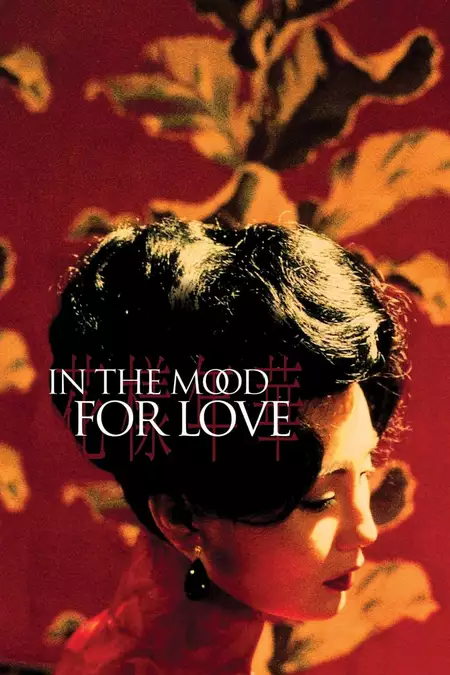
In the Mood for Love (2000)
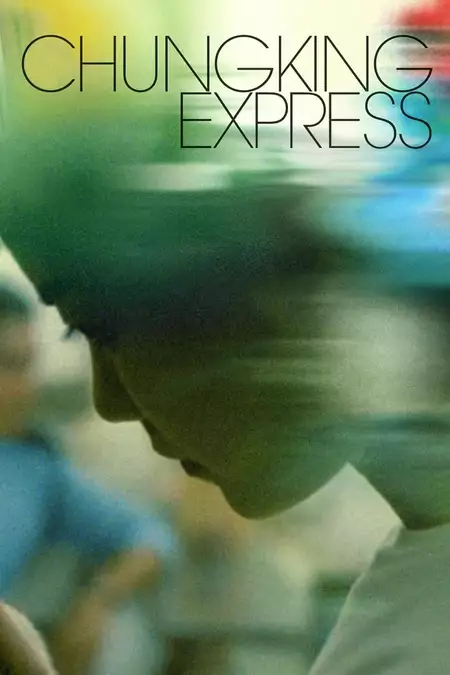
Chungking Express (1994)
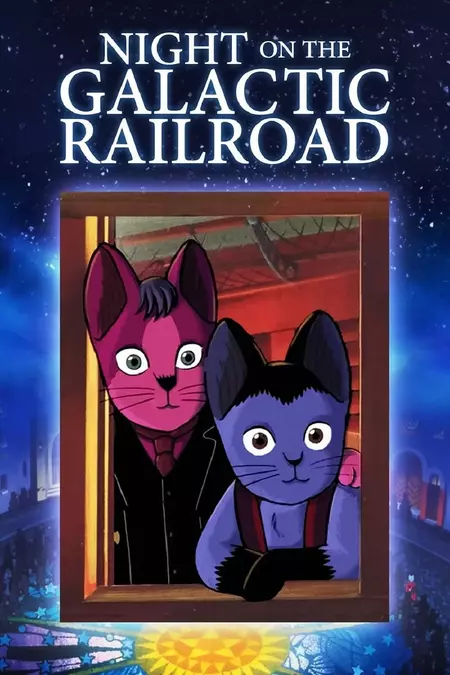
Night on the Galactic Railroad (1985)
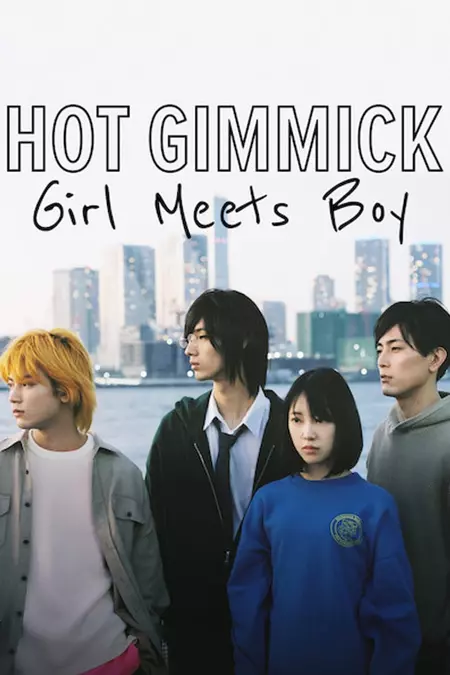
Hot Gimmick: Girl Meets Boy (2019)
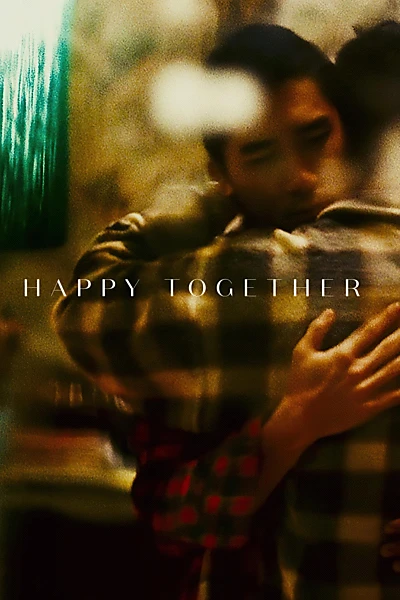
Happy Together (1997)
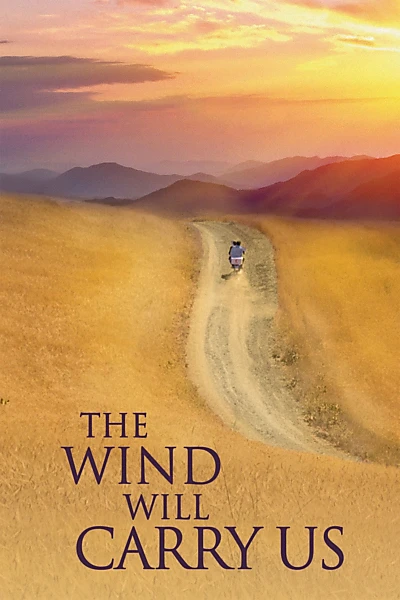
The Wind Will Carry Us (1999)
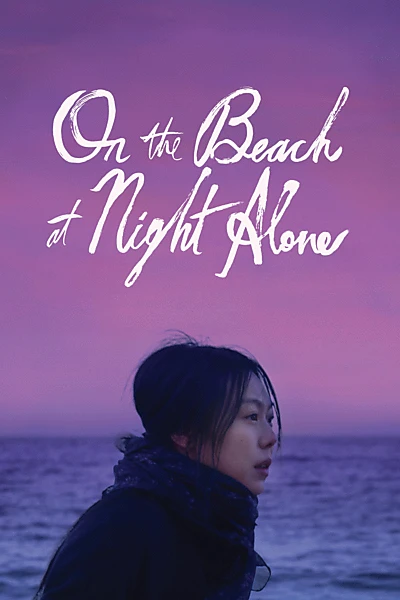
On the Beach at Night Alone (2017)
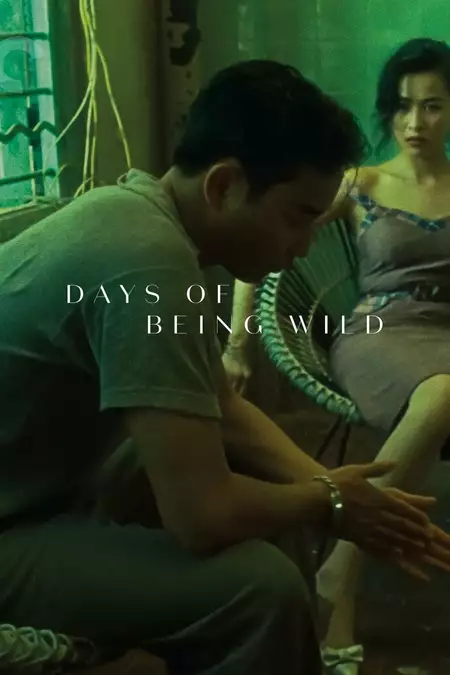
Days of Being Wild (1990)
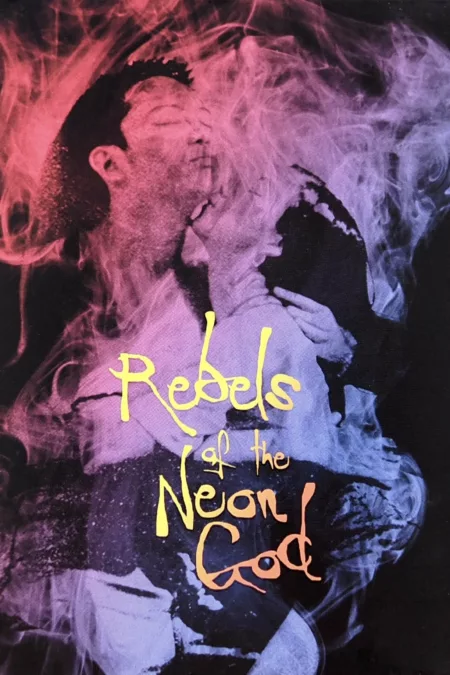
Rebels of the Neon God (1994)
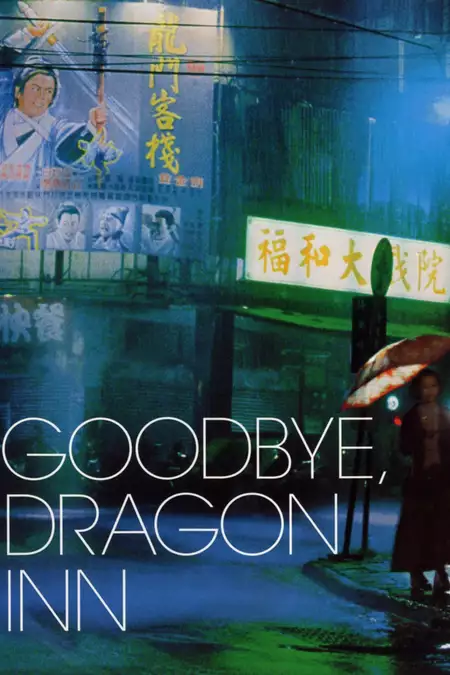
Goodbye, Dragon Inn (2003)
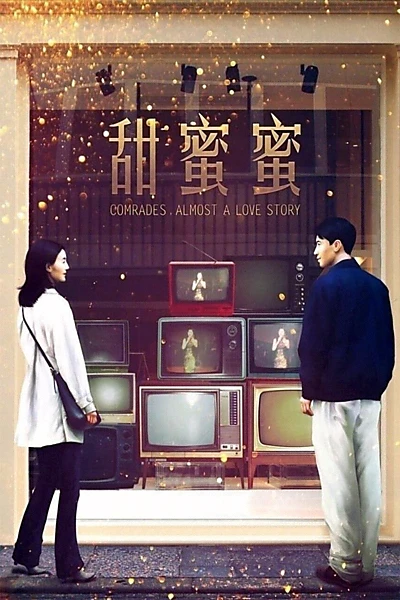
Comrades, Almost a Love Story (1996)
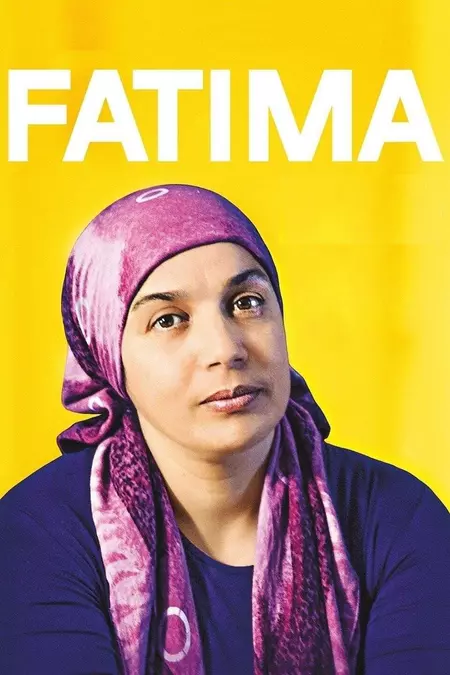
Fatima (2015)
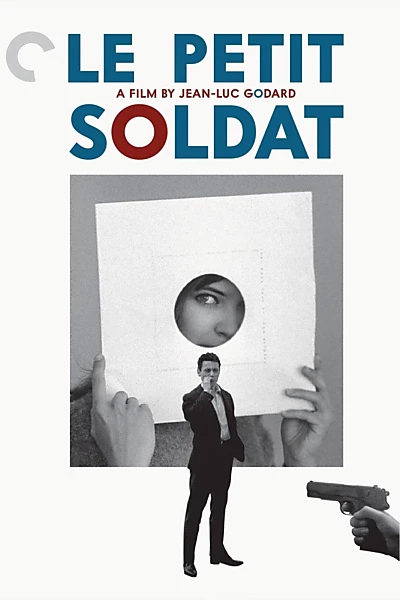
Le Petit Soldat (1963)
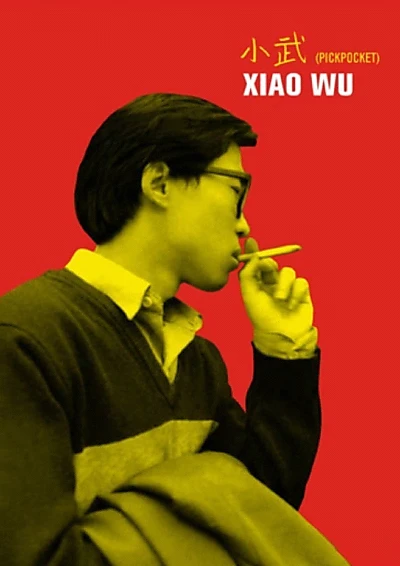
Pickpocket (1997)

I Believe in Unicorns (2015)
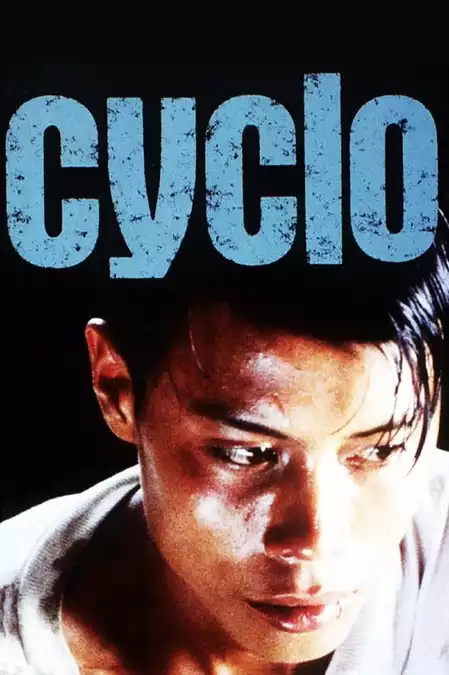
Cyclo (1996)
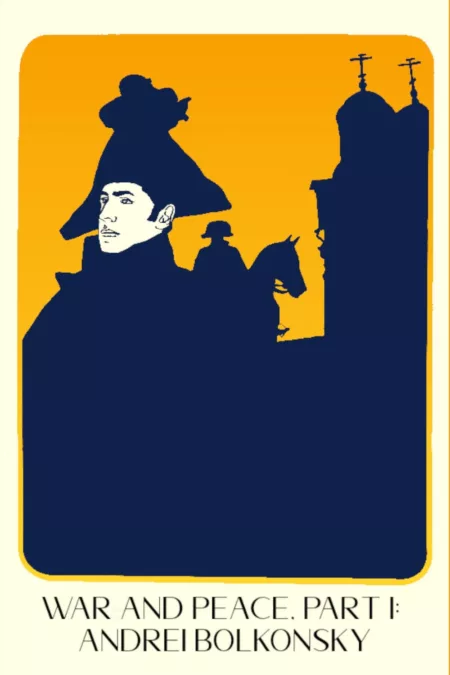
War and Peace, Part I: Andrei Bolkonsky (1966)
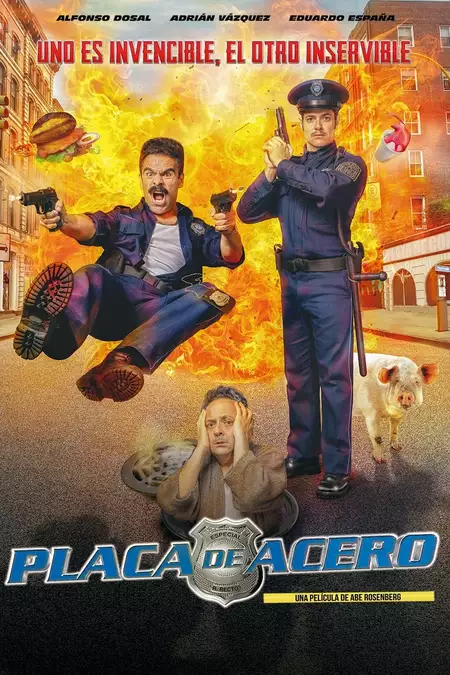
Badge Of Steel (2019)
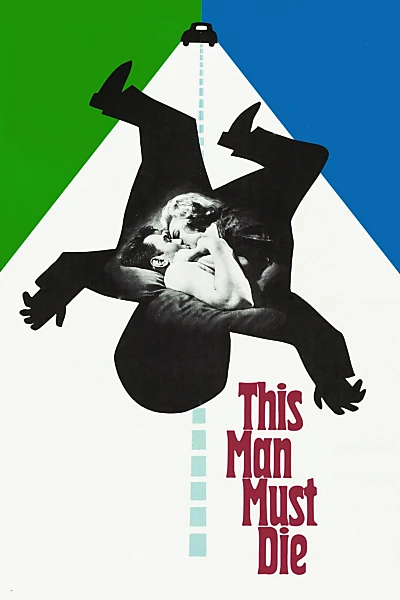
This Man Must Die (1969)
